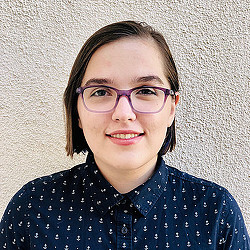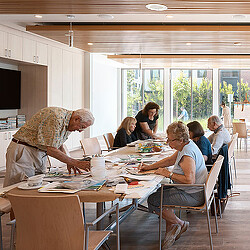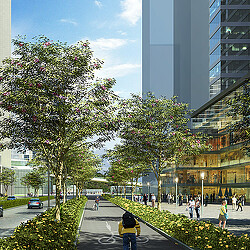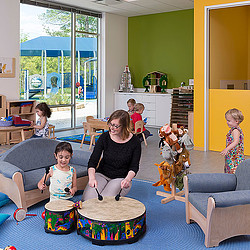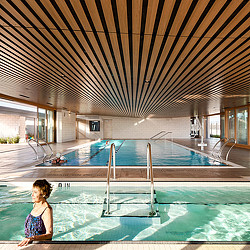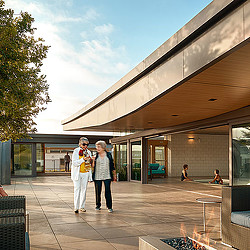Reimagining Care in the Heart of Our Cities
An innovative intergenerational care concept seeks to transform how we support caregivers while revitalizing underutilized commercial spaces.
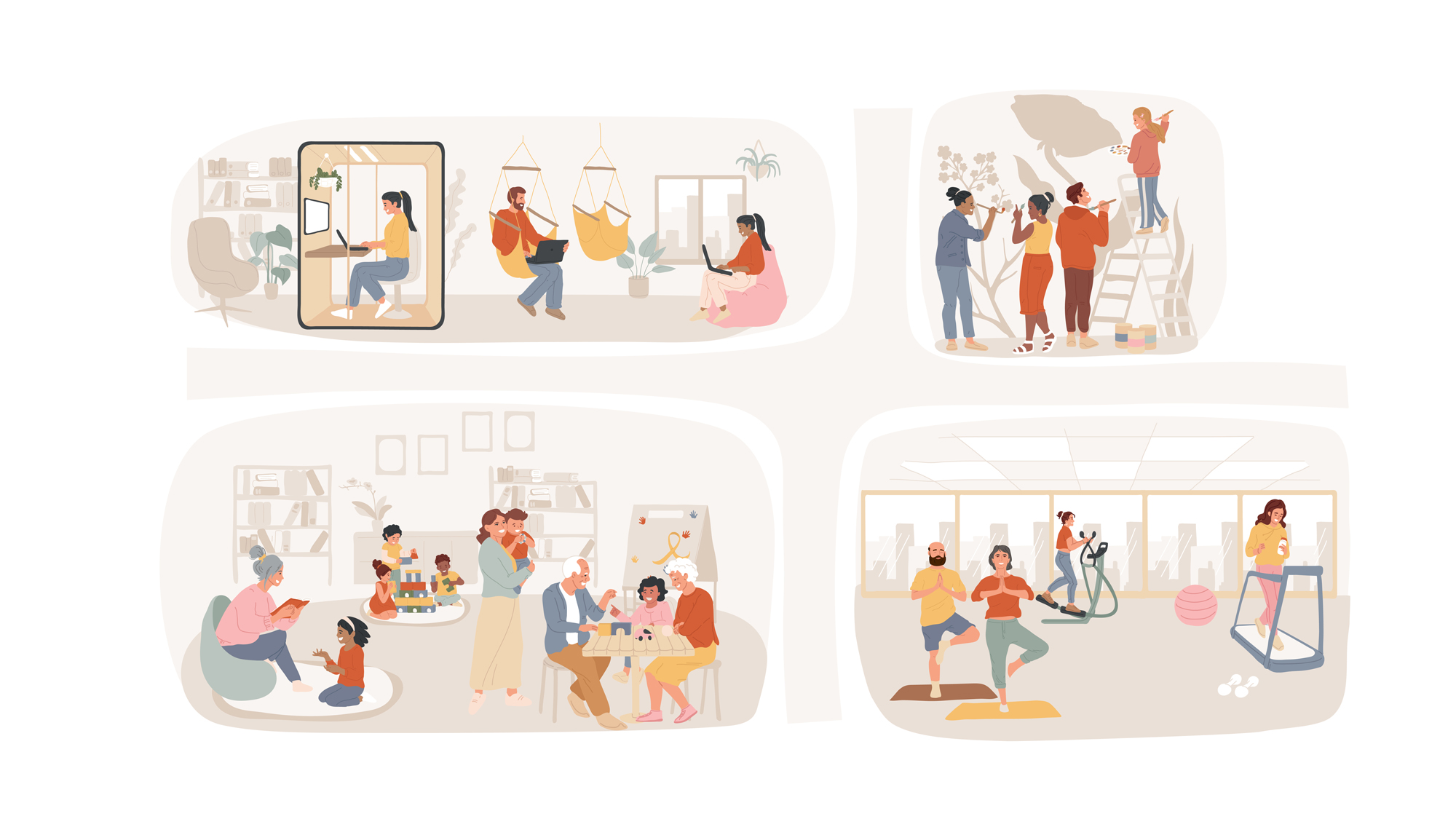
In the bustling corridors of our central business districts, a quiet crisis unfolds daily. Employed caregivers rush between drop-offs and pick-ups, juggling the needs of aging parents, young children, or sometimes both, while trying to maintain their professional lives. With 66% of working parents experiencing burnout, and only 25% of caregivers reporting good physical health, the traditional model of scattered care services is failing a generation of workers in their most productive years.
Within this challenge lies an extraordinary opportunity for innovation and community transformation. In the context of generating new and innovative ideas for our clients, we developed Bloom — a concept that reimagines how we deliver care by creating intergenerational centers that combine childcare, senior day care, and wellness services in vacant commercial spaces where caregivers work.

The Hidden Toll of Caregiving
On average, caregivers spend one to two hours commuting daily between home, care centers, and work — an amount that increases significantly for those juggling care for both children and aging adults. This daily marathon of logistics leaves little time for self-care, community connection, or simply being present with loved ones, resulting in 40% of caregivers experiencing high emotional stress. The toll is staggering: caregivers experience depression at twice the rate of the general population.
Just as our economy demands urgent action to address the housing crisis, our urban infrastructure must be reimagined and reinforced to withstand the growing pressures of the caregiving crisis. The solution isn’t just about providing more services — it’s about fundamentally reimagining how and where these services are delivered.
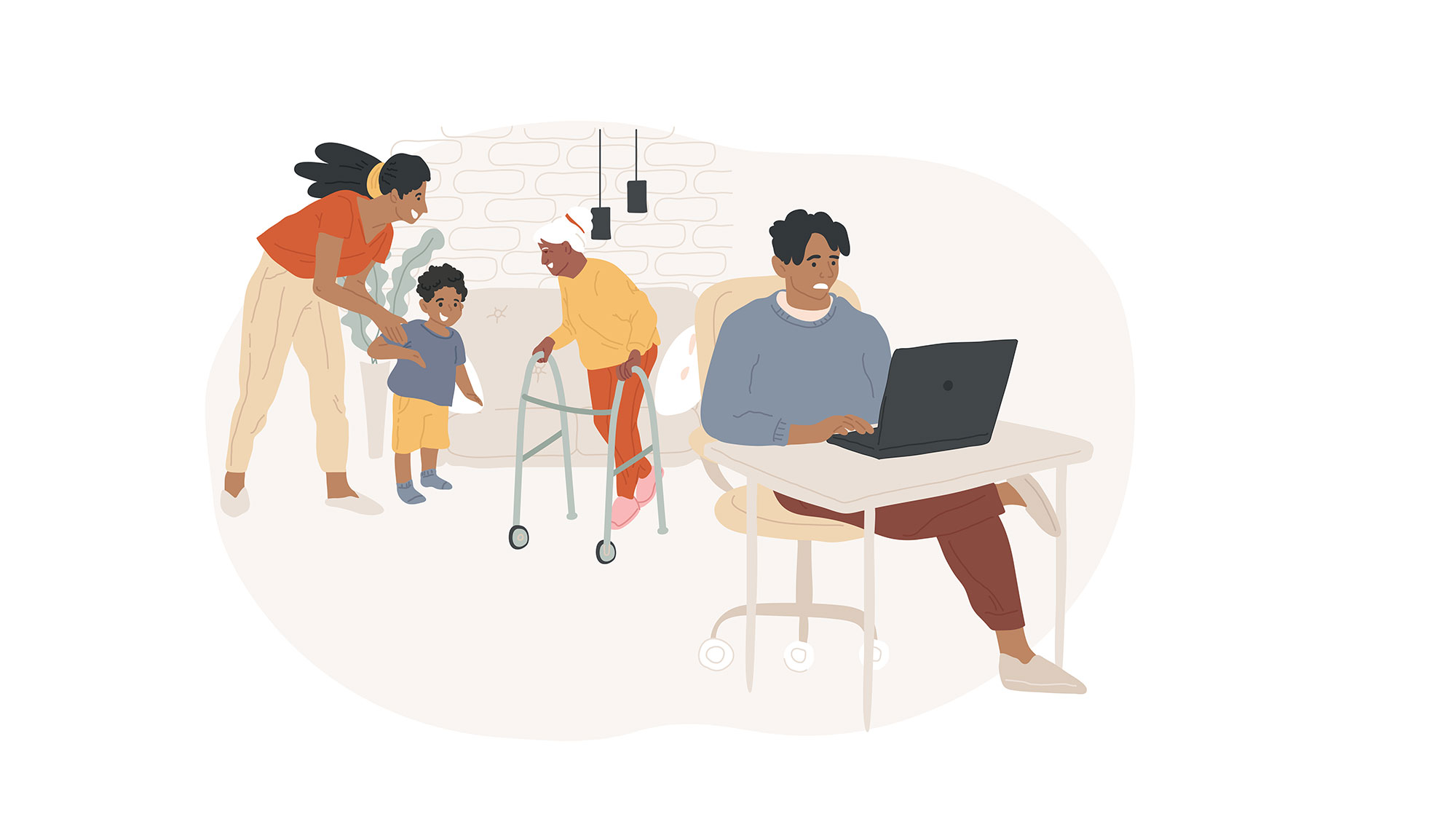
A New Model for Community Care
Bloom represents more than a co-location strategy; it’s a complete reframing of the caregiving ecosystem. By establishing intergenerational care centers within central business districts, the concept transforms underutilized or vacant commercial spaces into vibrant community hubs that serve multiple generations simultaneously.
The magic happens in this intersection of needs being met. Consider Elliot, a 42-year-old professional who spends 140 minutes daily shuttling between their 75-year-old mother’s senior care facility and their 3-year-old daughter’s day care before finally arriving at work. When Elliot’s commute drops from 140 minutes to 50 minutes daily, that’s not just time saved — it’s life reclaimed. More importantly, it creates unprecedented opportunities for intergenerational connections. Elliot’s mother and daughter can now spend meaningful time together during the day, creating memories that would never have existed under the traditional scattered-care model.
Research validates this approach: 77% of seniors report renewed purpose after participating in intergenerational programs, while children show a 46% increase in prosocial activity. These aren’t just statistics — they represent transformed lives and strengthened communities.
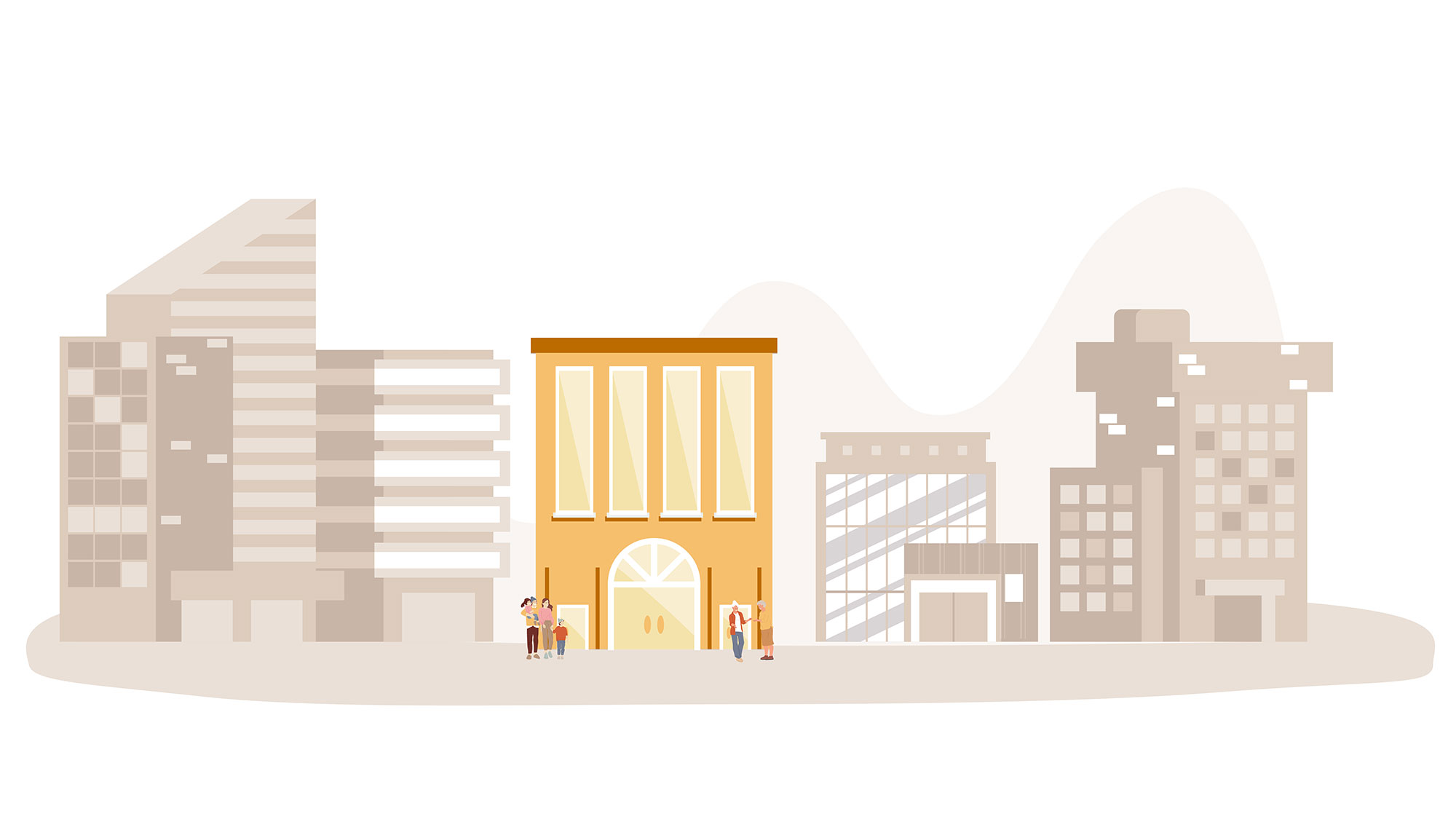
Beyond Care: Creating Community Ecosystems
At its core, Bloom addresses the isolation that caregiving often creates. The concept integrates wellness centers where caregivers can take advantage of wellness programming and amenities, and have the opportunity to receive one-on-one counseling or coaching support. These spaces can extend the reach of care centers within the community, creating a bustling community core within the rigid business district.
This holistic approach recognizes that effective caregiving requires caring for the caregiver. By reducing travel time, providing integrated services, and fostering community connections, Bloom tackles the root causes of caregiver burnout rather than merely addressing symptoms.
The concept also presents compelling opportunities for commercial real estate owners facing vacant spaces in post-pandemic business districts. Properties need tenants with durable demand, senior care operators need locations near transit and hospitals, and childcare centers need proximity to working parents. Bloom creates a symbiotic relationship that benefits all stakeholders while generating new revenue streams through integrated day care and wellness services.

A Vision for Tomorrow’s Cities
Imagine walking through a business district where the ground floors buzz with intergenerational activity — where seniors share stories with preschoolers, working parents can grab coffee while their children play safely nearby, and caregivers find community instead of isolation. This isn’t just about filling empty commercial spaces; it’s about reimagining what our urban centers can become.
As architects, designers, and urban planners, we have the opportunity to shape environments that support the full spectrum of human experience. The caregiving crisis may seem insurmountable, but with innovative thinking and collaborative action, we can create built environments that truly serve the people who inhabit them.
This idea was selected by a panel of external jurors as the winner for Gensler’s Innovation Challenge 2025, an internal competition focusing on innovations to tackle solutions to the complex challenges facing our cities.
For media inquiries, email .

